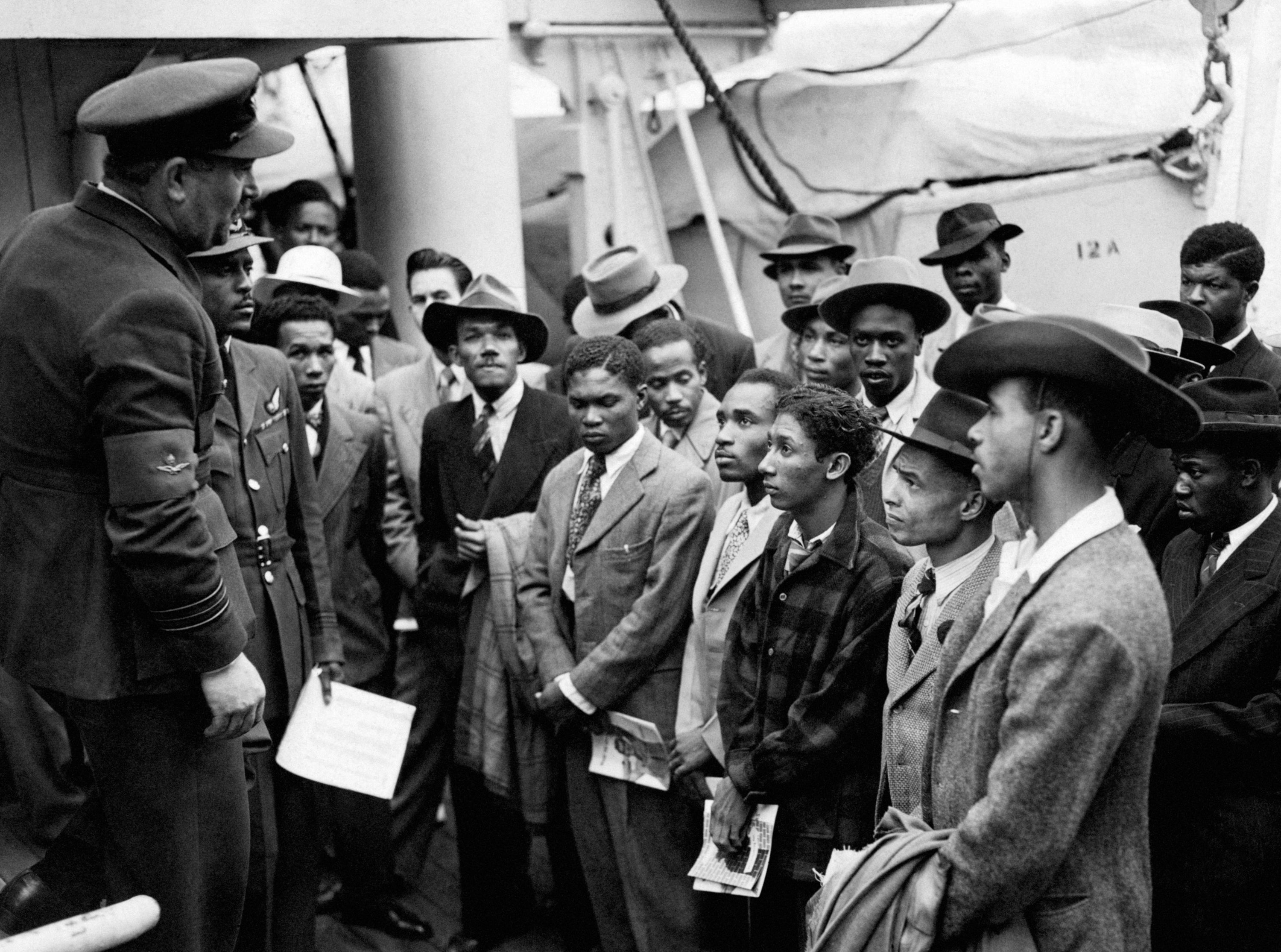The Windrush victim fighting for compensation after not being able to work or claim benefits for 34 years
Exclusive: Home Office face first High Court challenge to Windrush scandal compensation
Your support helps us to tell the story
From reproductive rights to climate change to Big Tech, The Independent is on the ground when the story is developing. Whether it's investigating the financials of Elon Musk's pro-Trump PAC or producing our latest documentary, 'The A Word', which shines a light on the American women fighting for reproductive rights, we know how important it is to parse out the facts from the messaging.
At such a critical moment in US history, we need reporters on the ground. Your donation allows us to keep sending journalists to speak to both sides of the story.
The Independent is trusted by Americans across the entire political spectrum. And unlike many other quality news outlets, we choose not to lock Americans out of our reporting and analysis with paywalls. We believe quality journalism should be available to everyone, paid for by those who can afford it.
Your support makes all the difference.An 82-year-old victim of the Windrush scandal is fighting for compensation after not being able to work or claim benefits for 34 years.
Surjit Kaur is challenging the Home Office over their failure to compensate her for decades of lost work and benefits, in a court case that could have wide ranging implications for other victims.
She arrived in the UK from India as a hopeful 22-year-old in 1963. Due to government failings, she was unable to demonstrate that she was in the UK lawfully and she was forced into a life of abject poverty.
From 1963 to 1997, Ms Kaur was unable to work or claim welfare benefits. Her husband died in January 1978, leaving her to look after six children with no access to child support.
Her son, Steven Bopari, 57, told how the family would huddle together in one room because they couldn’t afford to heat their home. “We didn’t even have a football to kick around,” he told The Independent. “I still have memories of us all huddling into one room because we could only afford to heat one room. I remember as a child I used to walk with my mother to various job centres and benefit offices and she was just turfed away.”
In comments read out in the High Court, Ms Kaur testified: “I regularly sat with my children in rooms by candlelight. My life and the life of my family was akin to life in the Victorian era.”
She added that her “life has been a destitute one, focussed purely on survival. I have been unable to achieve anything in my life, being forced to accept that I am an outcast.”
Ms Kaur has been granted £40,000 in an “impact on life” grant from the government. But the court heard that the Home Office had refused to give Ms Kaur any compensation under the Windrush scheme for loss of access to employment and benefits.
Her estimated losses include 43 years of lost work, pension and savings at £15,000 a year. Her claim for access to employment may be worth up to £500,000, the loss of access to benefits claim may be worth up to £200,000 and she could be awarded a further £60,000 for the impact on her life.
The government said that she was unable to demonstrate that her problems with accessing employment were caused by her inability to demonstrate her lawful immigration status.

This is the first time that Windrush compensation has been challenged in the High Court and the judgement could impact the cases of many other Windrush victims. If Ms Kaur is successful it could lead to thousands of people having their claims reconsidered, lawyers said.
At the High Court on Tuesday, Home Office lawyers argued that Ms Kaur had not provided sufficient evidence that she was rejected from jobs because she couldn’t prove her immigration status.
They added that, due to the rocky labour market of the 1970s, there may be other reasons why Ms Kaur could not find work.
The government also argued that right to work checks were not as stringent during this time. However, evidence presented to the court from Martin Forde, the architect of the Windrush compensation scheme, argued that scheme was designed to cover losses from claimants in cases where they were unable to document them.

He wrote: “It was meant to be light touch on requirements for documentation...Home Office staff would often have to take the word of eligible applicants on trust.”
“I did not expect them to ask people in their seventies to do the legwork and to provide documentation that they would obviously not have,” he said.
Home Office lawyers argued that Mr Forde’s views were not relevant.
I regularly sat with my children in rooms by candlelight. My life and the life of my family was akin to life in the Victorian era
Jeremy Bloom of Duncan Lewis, the claimant’s solicitor, said: “Ms Kaur was kept out of benefits and employment for decades because of the Home Office’s failure to properly document her lawful status in the UK.
“At 82 years old, Ms Kaur has shown courage and determination to hold the Home Office to account. She is the first individual to have a challenge to decisions under the Windrush compensation scheme heard in the High Court and judgment in her case may well benefit countless others who have accepted awards which don’t properly reflect their losses, or who have yet to make a claim under the scheme.”
Ms Kaur’s son Mr Bopari said the case was “just another injustice” perpetrated by the government against victims of the Windrush scandal. “When is it going to stop? Why are we having to fight them every step of the way? I’ve grown up and see the pain that she has been through.”
He added: “It hurts me to sit in the court because there is so much riding on this case. Someone can sit and decide whether my mother gets the vindication that she so deserves, or whether I have to go back and tell her that she has been failed again.”







Join our commenting forum
Join thought-provoking conversations, follow other Independent readers and see their replies
Comments